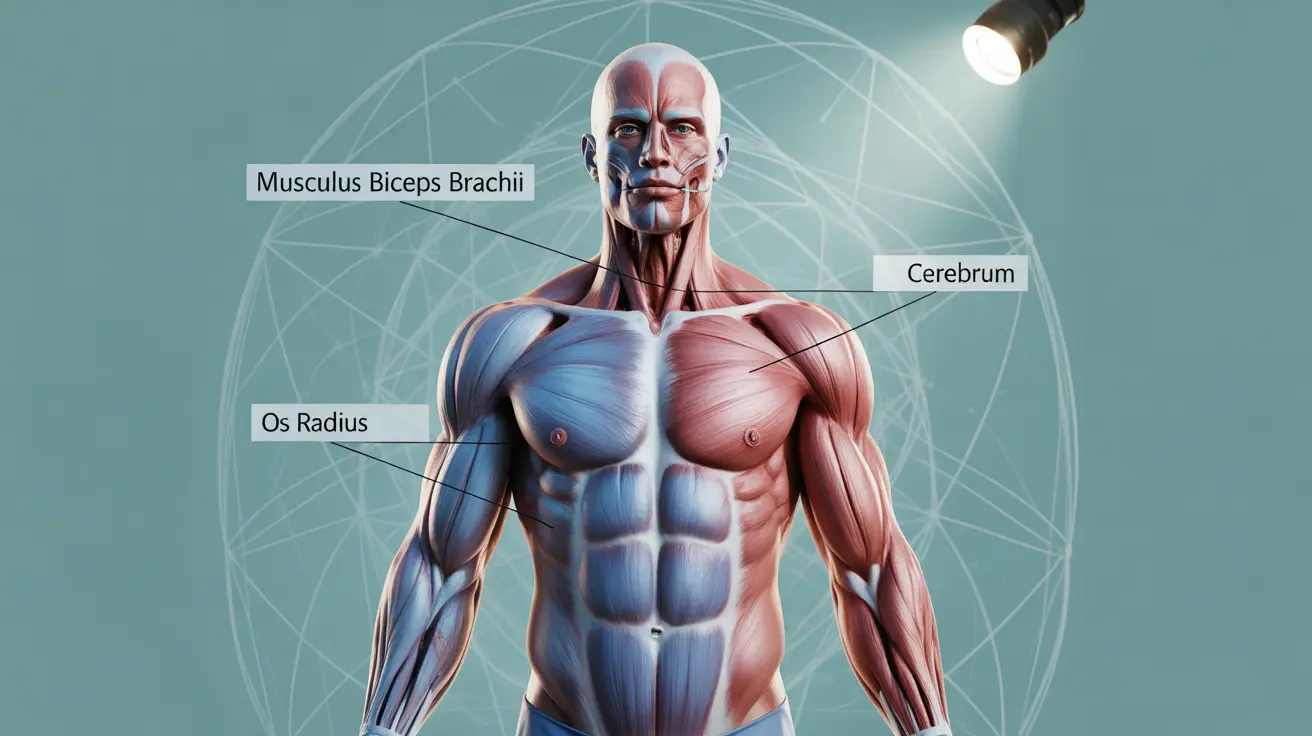Brain parasites, particularly those causing conditions like neurocysticercosis, represent a serious health concern that requires careful medical attention and understanding. While relatively rare in developed countries, these infections can lead to significant neurological complications when they occur. This comprehensive guide explores the causes, symptoms, treatments, and prevention methods for brain parasitic infections.
Understanding Brain Parasitic Infections
Brain parasitic infections occur when certain organisms, most commonly the pork tapeworm (Taenia solium), make their way to the brain tissue. Neurocysticercosis, one of the most common parasitic infections affecting the central nervous system, develops when tapeworm larvae form cysts in the brain.
Common Symptoms and Warning Signs
The symptoms of brain parasitic infections can vary significantly depending on the location and number of parasites present. Common indicators include:
- Severe headaches
- Seizures
- Vision problems
- Balance difficulties
- Confusion or disorientation
- Cognitive impairment
- Nausea and vomiting
How Infection Occurs
Understanding the transmission routes of brain parasites is crucial for prevention. Most infections occur through:
- Consuming undercooked contaminated pork
- Ingesting food or water contaminated with tapeworm eggs
- Poor hand hygiene after contact with infected individuals
- Exposure to contaminated soil or surfaces
Diagnosis and Treatment Options
Medical professionals typically diagnose brain parasitic infections through a combination of:
- Brain imaging (MRI or CT scans)
- Blood tests
- Spinal fluid analysis
- Physical examination and symptom evaluation
Treatment approaches may include:
- Antiparasitic medications
- Anti-inflammatory drugs
- Anticonvulsant medications for seizure control
- Surgery in severe cases
Long-term Health Impacts
Brain parasitic infections can potentially cause lasting effects on cognitive function and overall health. Regular monitoring and follow-up care are essential for managing potential complications and ensuring optimal recovery.
Prevention Strategies
Several key preventive measures can help reduce the risk of brain parasitic infections:
- Thoroughly cooking pork products
- Practicing proper hand hygiene
- Using clean water for drinking and food preparation
- Maintaining food safety standards
- Regular medical check-ups when traveling to high-risk areas
Frequently Asked Questions
What are the symptoms of a brain worm infection like neurocysticercosis caused by the pork tapeworm?
The primary symptoms include headaches, seizures, confusion, difficulty with balance, vision problems, and in some cases, cognitive impairment. The severity of symptoms often depends on the location and number of parasites present in the brain.
How do people get infected with brain parasites such as the pork tapeworm?
People typically become infected by consuming undercooked pork containing tapeworm larvae or through ingesting food or water contaminated with tapeworm eggs. Poor hygiene practices and close contact with infected individuals can also lead to transmission.
What treatments are available for brain worm infections and neurocysticercosis?
Treatment usually involves antiparasitic medications like albendazole or praziquantel, often combined with anti-inflammatory drugs. Some patients may require anticonvulsant medications for seizure control, and in severe cases, surgical intervention might be necessary.
Can a brain worm infection cause long-term memory loss or cognitive problems?
Yes, brain worm infections can potentially cause long-term cognitive issues, including memory problems, depending on the location and extent of brain damage. Some patients may experience permanent neurological effects even after successful treatment.
How can brain parasite infections like neurocysticercosis be prevented through hygiene and food safety?
Prevention involves thoroughly cooking pork products, maintaining proper hand hygiene, using clean water for drinking and food preparation, and following food safety guidelines. When traveling to endemic areas, extra precautions should be taken with food and water consumption.




